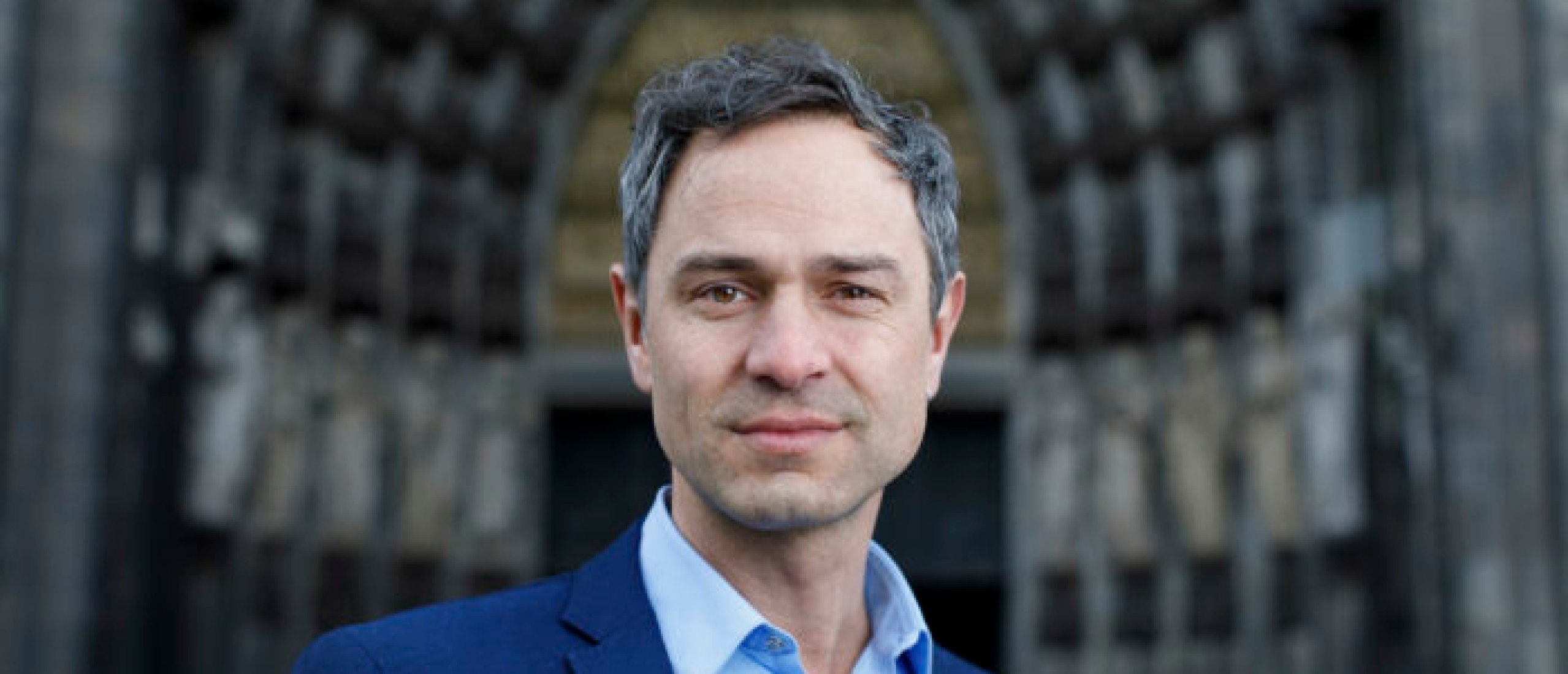Leaving Afghanistan. NATO's eastward expansion is another very difficult chapter, because NATO has expanded and moved closer to Russia. This triggered the war in Ukraine. Here we are in May 2004, while I'm recording this video. But this war is ongoing, and it is, of course, much more dangerous than the wars in Serbia or Afghanistan. This war in Ukraine results from NATO's eastward expansion. I want to briefly explain what this NATO eastward expansion actually means.
The Russians have repeatedly stated that Russia is not a member of NATO. Under Secretary General Gorbachev, who still led the Soviet Union, Soviet troops were withdrawn from Germany, including the GDR. That was about 500,000 troops. Germany could then be reunified. The Americans, under Secretary of State James Baker, promised Gorbachev that NATO would not move eastward. This promise to Gorbachev was simply broken by NATO and the USA. It was a promise that... well, the USA made promises and then broke them. They also said they would leave us alone beyond this river. That was always a lie.
Later, Gorbachev said that NATO's eastward expansion destroyed the European security order. I think Gorbachev is right. Russian proposals to sit down together and work on a new security architecture were arrogantly ignored by the West. Gorbachev said this in 2015, and it's true. NATO's eastward expansion has totally destabilized Europe. This is the irony: we have a military alliance that always says we create security, but when you listen to Gorbachev, who warned us that everything could blow up in our faces, you realize that NATO created a confrontation with Russia that is very dangerous.
So, what was this NATO eastward expansion? Let's take a quick look. In 1988, NATO had 16 member states. These are the green countries. Germany was still divided into two states: West Germany (capitalist) and East Germany (socialist/communist). Soviet troops were stationed in East Germany. The Soviet Union also had an alliance, the Warsaw Pact, which then dissolved. NATO then integrated East Germany in 1990, and Germany became a member of NATO. This was agreed upon with the Soviets. But then in 1999, Poland, Hungary, and the Czech Republic joined NATO. This was an expansion that was seen as a provocation by Russia.
In 2004, Estonia, Latvia, Lithuania, Romania, and Bulgaria joined. The Russians noticed that NATO was expanding further east. In 2009, Albania and Croatia joined, bringing NATO's membership to 28 countries. Montenegro joined in 2017, and North Macedonia in 2020, bringing the total to 30 member states. Finland joined in 2023, and Sweden is set to join in 2024. This eastward expansion of NATO, with the initial step agreed upon with the Soviets, continued in ways that were not acceptable to Russia.
The Americans then said they wanted to bring Ukraine into NATO in the future, which brought tensions to a boiling point. President Bush flew to Romania in 2008 and announced in Bucharest that NATO would welcome Ukraine's aspiration to join. German Chancellor Merkel opposed this, and German Foreign Minister Steinmeier warned that Russia's tolerance limits should not be exceeded. Russia saw NATO moving closer to its borders as a direct threat to its security.
This confrontation led to the war in Ukraine, which, in my opinion, was provoked by the USA and NATO. At the Bucharest summit, Putin stated that the emergence of a powerful military bloc on our borders would be seen in Russia as a direct threat to our country's security. This means that if NATO includes Ukraine, it is a red line for Russia. NATO's eastward expansion has been a catastrophe; it has not created peace but rather unrest in Europe. The largest military alliance says it creates security, but in reality, it has brought division and conflict.
The war in Ukraine is a direct result of this expansion. Russia's invasion in 2022, following years of civil war in eastern Ukraine and the 2014 coup supported by the USA, has deep roots. Understanding this history is essential to understanding the current conflict. The ongoing fighting and failed peace talks highlight the complex and tragic situation. NATO's actions have not brought stability but rather heightened insecurity, leading to more calls for military spending amidst the chaos they helped create.


